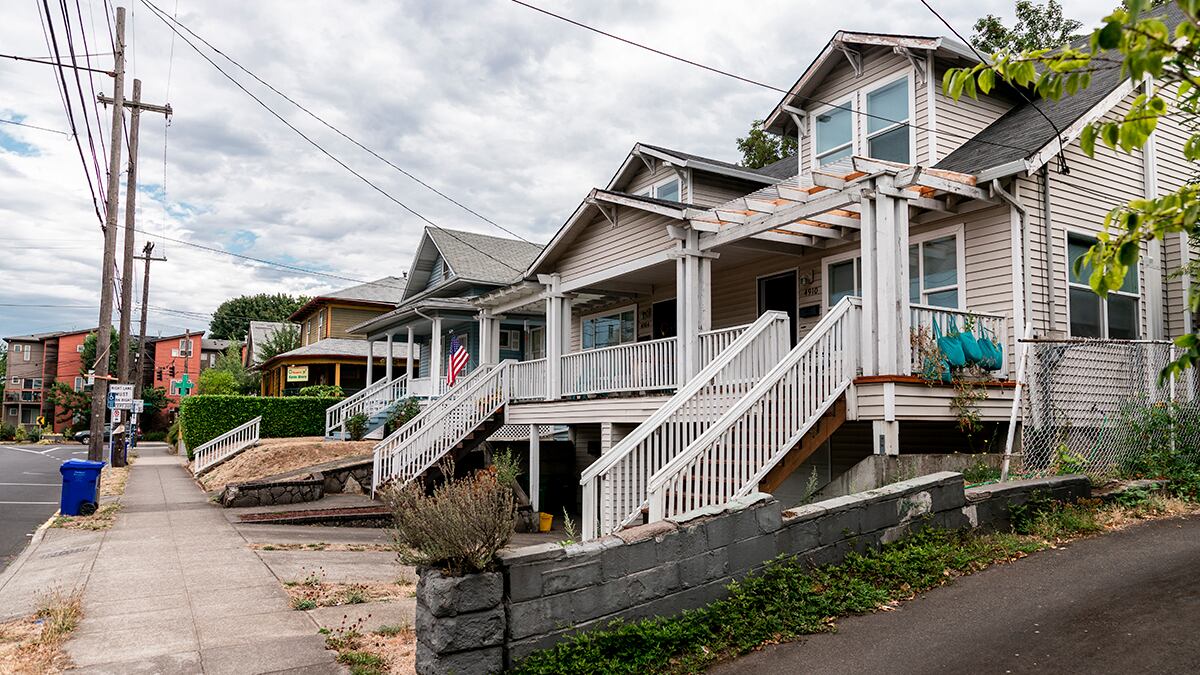City Commissioner Chloe Eudaly earlier this fall walked back a proposal to change the city's code on neighborhood associations, delaying any decision until it's clear what the change might mean in practice—specifically, how the city's various bureaus get input from Portland residents and what groups they might turn to.
But at a hearing on Thursday night, Portlanders continued to offer conflicting perspectives on changes to the neighborhood associations, including proposals for how long the delay on changes should be, as well differing accounts of what's at stake.
Eudaly announced a delay earlier this month, offering that she would propose a "3-year extension" for district coalition offices that support to neighborhood associations "to thoughtfully examine the current structure and work with the community to develop recommendations for improvements to better serve all Portlanders." (Those contracts are set to expire in June.)
At the same time, city bureaus will meet to determine civic engagement going forward, assuming the resolution is approved. A recommendation on that would be due in November 2020.
Eudaly faced backlash over the proposed change to city codes, which give neighborhood associations official status in Portland as civic groups to which the city is accountable. Eudaly says the changes were designed to reflect a more inclusive approach while neighborhood associations accused her of trying to eliminate them.
After Eudaly's fellow commissioners declined to support the changes she proposed, she initially threatened them via email, WW reported.
People supporting the continued importance of neighborhood associations have proposed a five-year extension of the contract for coalition offices, effectively kicking the can down the road till 2025.
"What's at stake here is the livability and quality of life in Portland's residential neighborhoods," testified Terry Parker, who identified himself as a fourth-generation Portlander, and who serves on the Rose City Park Neighborhood Association.
"Civic engagement must not come just from special interests, take place in closed-door back rooms or become a hand-picked administrative task under the control of a czar-like bureau director. Transparency is paramount," he added.
Those who supported Eudaly's efforts, on the other hand, requested just a one-year extension to the proposal, citing an amendment put forward by the Coalition for Communities of Color.
"If I'm fully candid, I don't believe this resolution goes far enough to level the playing field between the largely affluent, largely white property owners who have run our city for generations and the vibrantly diverse communities of color immigrants, tenants, and other middle-class, working-class marginalized people who actually represent the vast majority of this city," said Henry Kraemer, a housing advocate.
"That some neighborhood association leaders see that equal treatment as an attack is the same tendency to horde power and access that make so many of us wary of their influence," he added.
City Council is expected to vote on a resolution next month which will direct the city bureaus to work together on a plan and determine how long the current neighborhood association system will be in place.

